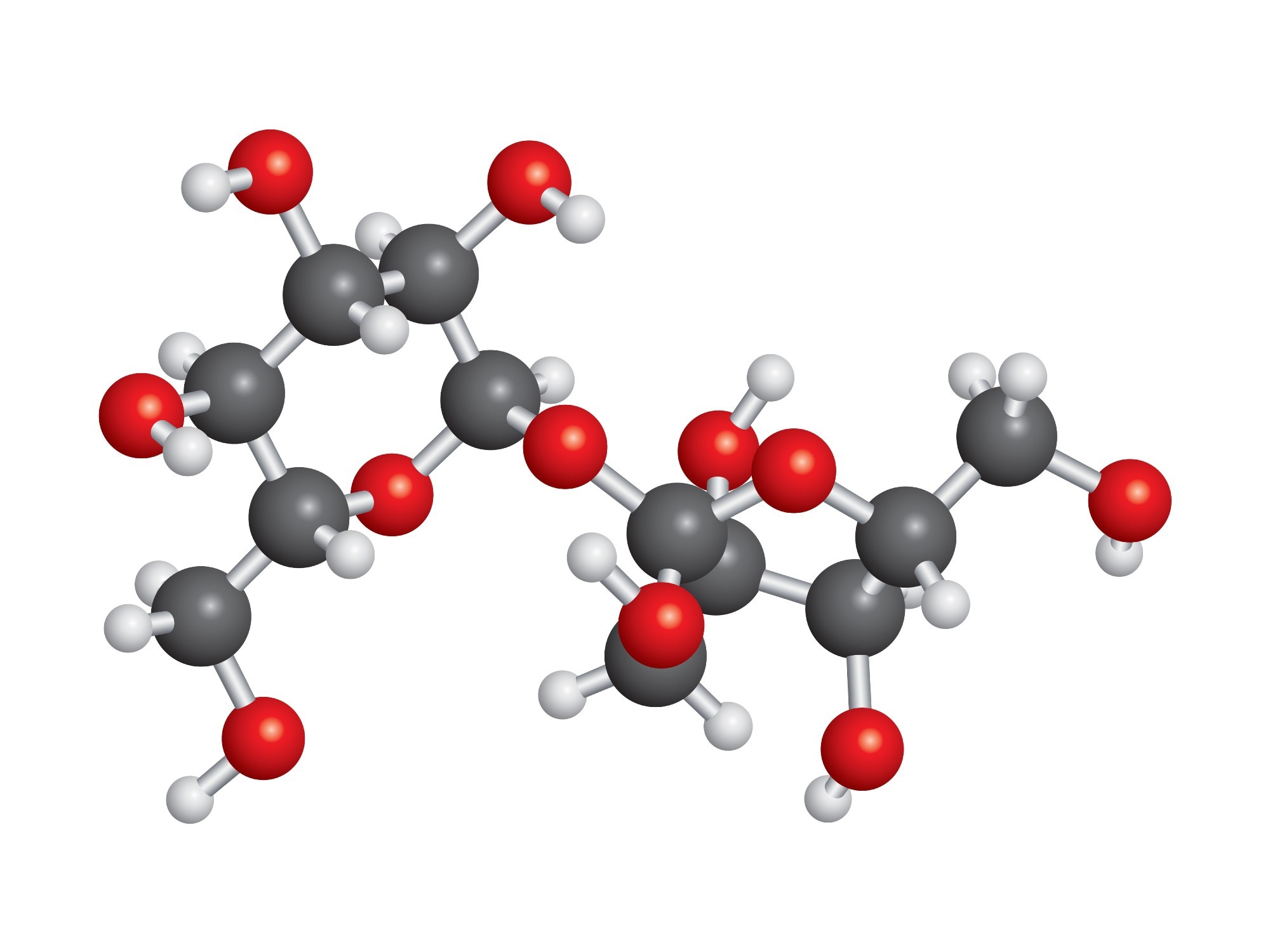Most Current Advancements in Polymers: Cutting-Edge Innovation
Most Current Advancements in Polymers: Cutting-Edge Innovation
Blog Article
Checking Out the Varied Applications and Benefits of Polymers in Different Industries
Polymers, with their diverse variety of residential properties and performances, have come to be essential in various industries, each enjoying distinct benefits from their application. From enhancing safety and security and performance in the auto sector to reinventing clinical gadgets in the health care industry, polymers play a pivotal role.
Automotive Industry Applications
Polymers play a critical role in boosting the efficiency and durability of different elements within the vehicle sector. These versatile materials are thoroughly used in the manufacturing of different components, varying from indoor elements to under-the-hood applications. One prominent usage of polymers in the automobile sector is in the production of lightweight parts. By replacing traditional steel get rid of polymer-based alternatives, lorries can achieve enhanced gas performance without jeopardizing on toughness or safety and security.

Health Care Industry Advantages
In various healthcare applications, the benefits of using polymers are extensively acknowledged for their varied series of advantageous properties. Polymers play an essential role in the healthcare industry because of their adaptability, biocompatibility, and cost-effectiveness. One of the key benefits of polymers in medical care is their capability to be tailored to details demands, such as adaptability, resilience, and biodegradability, making them perfect for a wide array of clinical applications.
Polymer-based materials are thoroughly made use of in medical gadgets, such as catheters, implants, prosthetics, and medication delivery systems, because of their biocompatibility and ability to mimic all-natural cells. These products can minimize the risk of allergic responses or denials, enhancing client safety and security and results. Furthermore, polymers are light-weight, making them ideal for wearable clinical gadgets and making certain individual comfort.
Moreover, polymers allow the advancement of ingenious treatment techniques, such as hydrogels for tissue design and nanocomposites for targeted medicine distribution. Their simplicity of processing and sanitation makes them necessary for preserving high standards of health in health care settings. Generally, the diverse advantages of polymers add substantially to innovations in clinical technology and person treatment.
Ecological Advantages of Polymers

Moreover, polymers can add to energy cost savings due to their light-weight nature. In sectors such as transportation, lightweight polymer materials can help in reducing gas consumption and greenhouse gas exhausts. In addition, polymers can enable the advancement of energy-efficient products such as insulation materials that boost energy conservation in buildings.
Additionally, polymers play a crucial role in lowering water contamination. The usage of polymer-based filtration systems can efficiently get rid of toxins and contaminants from wastewater, protecting water resources and communities. Generally, the ecological advantages of polymers make them useful possessions in advertising sustainability and environment-friendly practices throughout numerous sectors.
Polymers in Electronic Devices and Modern Technology
Considering the increasing need for cutting-edge and lasting remedies in modern industries, the assimilation of advanced polymer innovations in the world of electronics and innovation has actually become a crucial method for driving performance and efficiency. Polymers have revolutionized the electronics industry by enabling the manufacturing of lighter, much more flexible, and sturdy electronic tools. From smartphones to clinical devices, polymers play a vital duty in improving product design and functionality.
One substantial try this web-site advantage of polymers in electronic devices is their insulating homes, which aid protect delicate electronic elements from ecological variables and electric disturbance. Additionally, polymers are crucial in the development of flexible displays, wearable innovation, and printed electronic devices, offering endless possibilities for developing clever and interconnected tools.
In addition, using polymers in electronic product packaging has caused innovations in miniaturization and thermal management, improving the overall efficiency and integrity of electronic systems. As modern technology continues to develop, the flexibility and adaptability of polymers will undoubtedly drive better development in the electronics industry, forming the future of innovation.
Duty of Polymers in Building and Framework
The integration of advanced polymer materials in building and facilities tasks has revolutionized the method frameworks are developed and integrated in modern times. Polymers supply countless benefits in the building sector as a result of their convenience, durability, and cost-effectiveness. One essential duty of polymers in building is their usage in finishes and sealers, giving protection against environmental variables such as wetness, UV radiation, navigate to these guys and corrosion. Furthermore, polymers are utilized in the production of light-weight and high-strength composite materials, improving the architectural integrity of buildings while decreasing overall weight.
In addition, polymers play an important function in sustainable construction practices by allowing the advancement of energy-efficient structures. Insulating products made from polymers help manage indoor temperature levels, reducing the demand for heating and cooling down systems and ultimately lowering energy intake. The use of polymer-based compounds in framework tasks such as bridges and roadways improves their durability and decreases upkeep prices. Overall, the unification of polymers in building and facilities displays their significant influence on modern engineering practices.
Verdict
In conclusion, polymers play a critical function in numerous industries such as vehicle, health care, environmental, electronics, and building and construction. From improving gas performance in cars to boosting medical gadgets, polymers offer numerous advantages.
Report this page